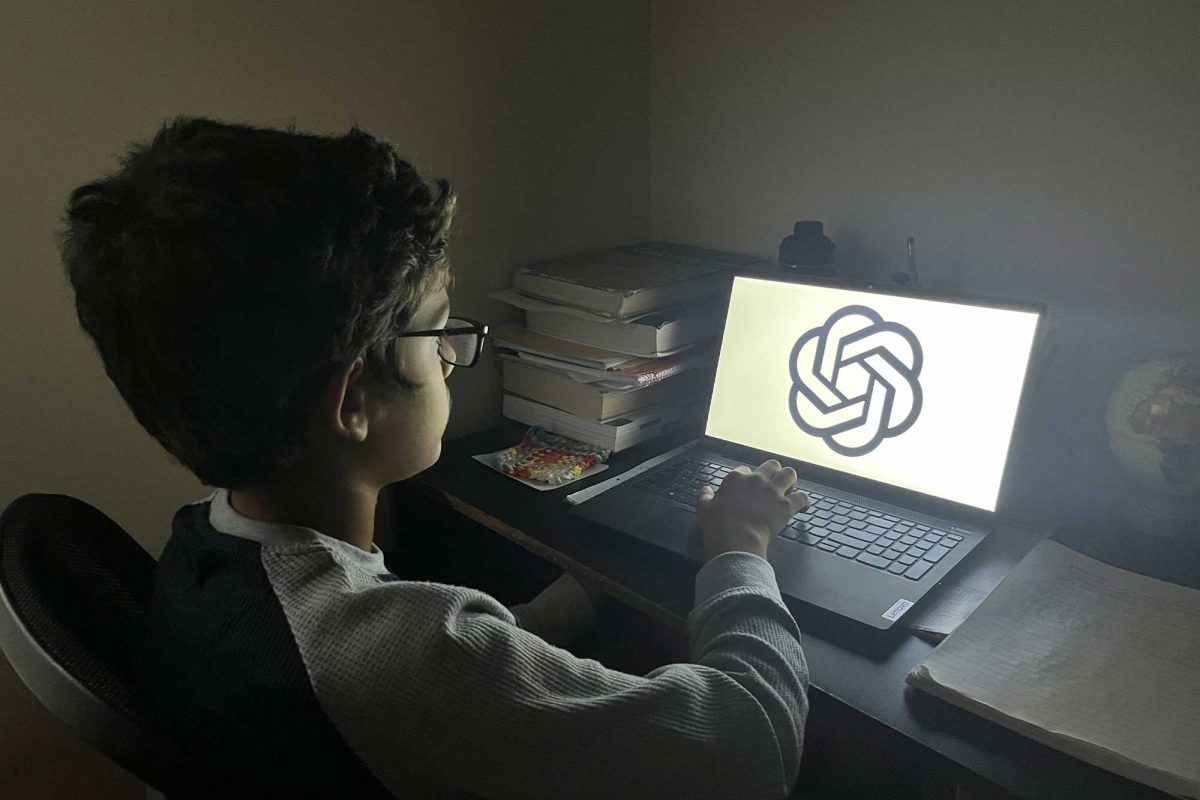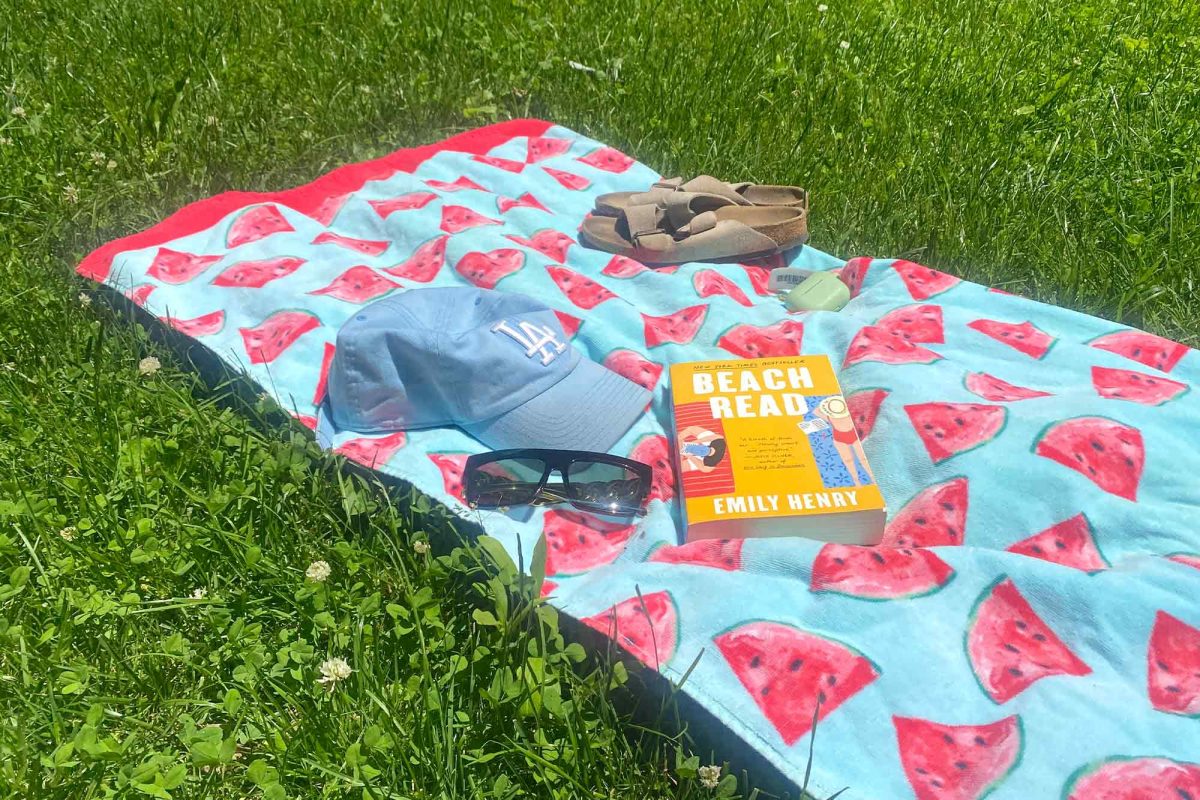The idea that it is possible to “make up” lost sleep by sleeping in on the weekends is commonly believed by students. In reality, that isn’t quite right.
For many students, cramming in as much sleep as possible over the weekend is an obvious choice. With the intense schedule, high school students’ balance during the school week, sleep is often what ends up on the chopping block.
The difference between sleeping six hours and sleeping ten hours is quite significant when it comes to how it affects the brain and body. But it shouldn’t matter as long as it averages out nicely across the week, right?
Wrong. A 2019 paper in Current Biology explains how changing our sleep schedules day-to-day can have some seriously negative effects on the body. They conducted a study allotting various amounts of sleep to different test groups, and the results showed that subjects who slept for only a few hours during the week, but made it up over the weekend, still displayed signs of sleep deprivation.
“It’s kind of like a bank. You deposit sleep into the bank, and every time you’re sleep-deprived, you’re pulling more out than you were putting in, so you need to put in a lot more time to make up for the time you missed,” social studies teacher Mrs. Amanda Lawson said.
Scientists recommend that teenagers sleep between 9 and 9 ½ hours per night. If students achieve this, there should be no need to play catch up. However, the issue is that allotting nine or more hours of sleep doesn’t fit into most student’s increasingly busy schedules.
“During the week I usually only sleep four or five hours,” freshman Adeline Constable said. “Sometimes I’m up late studying, sometimes I just can’t sleep, and sometimes I’m honestly just stressing about school.”
The issue with this is that continuous insufficient sleep only builds upon the problem.
“Sleep deprivation complicates itself. Every time you’re sleep-deprived, you’re more and more sleep-deprived,” Lawson said. “On night one, you’re already showing signs, and then on night two, you’ve just made it worse. It sort of deposits itself on top of itself. It gets worse and worse.”
According to an article from the website News in Health, habitual sleep deprivation increases one’s risk of conditions such as obesity or diabetes. Studies have also shown that only a few weeks of sleeping too little can have noticeable effects on the body.
While it is possible to eventually reverse the effects of sleep deprivation by developing positive, prolonged sleeping habits, you can’t just sleep an extra few hours over the weekend to completely avoid harm caused by lack of sleep.
“You can’t miss three hours of sleep and say, I’ll just sleep an extra hour here, an extra hour on that day, and an extra hour there, and it’ll be made up for. It doesn’t work that way,” Lawson said. “You don’t immediately make it up. You need weeks and weeks and weeks of good sleep to make it back.”














